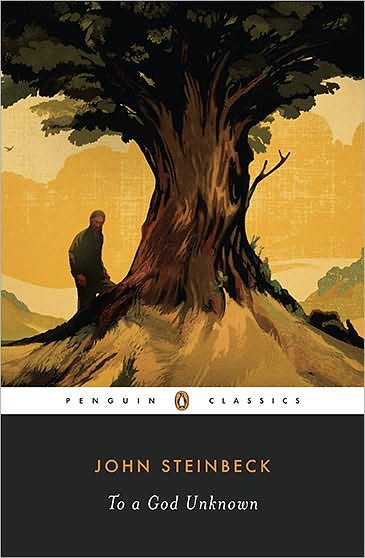Horns, by Joe Hill
/ A man wakes up to discover that he's sprouted horns on his head overnight. Joe Hill's latest book, Horns, starts off with a simple premise, one that unfolds into a wonderfully complicated and minimal story of murder, revenge and the inherent darkness that exists within people. At the same time, Hill brings out a deeply philosophical and intriguing look at faith and Christian allegory.
A man wakes up to discover that he's sprouted horns on his head overnight. Joe Hill's latest book, Horns, starts off with a simple premise, one that unfolds into a wonderfully complicated and minimal story of murder, revenge and the inherent darkness that exists within people. At the same time, Hill brings out a deeply philosophical and intriguing look at faith and Christian allegory.
As Ig Parrish finds that people are influenced by the new additions to his head, the circumstances of personal tragedy (his girlfriend's rape and murder, which he was blamed, but cleared of) begin to resurface as people begin to tell him their deepest inhibitions and secrets. As the story progresses, we are taken deep into the lives of each character, which fully explains and supports the events that send the story moving in the first place. The end result is a literary masterpiece that brings out a rich blend of horror and supernatural with a cast of fantastic and utterly believable characters. Every element, every mention of something comes to some level of significance to the story as a whole, and Hill brings out rock and soul music, personalities, and other numerous references to help support the story. This is a rare thing that I've seen, and possibly one of the best examples that I've come across where this is enacted and works: everything in the story supports the main premise and story as a whole.
Horns is wonderfully complex, yet minimal at the same time. The story jumps around from character to character and from the present to various points in the past, with a dedicated, focused purpose. Rather than wandering off to put together a story of epic proportions (and a story where a man grows horns on his head certainly calls for this), Hill burrows down and tells an intensely personal story, with a small collection of characters who's stories intertwine around a central tragedy. This is storytelling at its best, where there are no arbitrary actions, but carefully crafted story. It's a notable achievement, and I hope that Hill receives due recognition for this: it doesn't happen all that often. The result is a superior, notable book.
This novel is one that left me disturbed on many levels. Rather than the horror being presented as Ig turns into a supernatural being, of sorts, the horror comes as Ig sees what people are capable of as they confess to him the darker thoughts that they've been harboring. At the same time, the events that put much of the plot into motion are horrible, terrible things, and in the way that the book is structured, the reader is conscious of what is likely coming, with a growing amount of horror. This is terror on a level that far transcends a monster or man in a mask: this is the horror of the inevitability of something coming down the line, with no way to alter its course.
Furthermore, there is a residual bit of horror in the ways that people interact with their faith. Hill puts together an interesting look at the relationship between God, Lucifer and People, with some interesting parallels and conclusions sure to piss off any devotee of Christianity, but not coming out as a lecture on philosophy: this is storytelling at its finest, and a story that is possibly one of the more important to examine in a critical fashion.
Horns is a stunning read, for the story, the characters and the allegory, which turns this into a novel holds up with some of the best books that I’ve picked up this year: easily comparable in quality to China Miéville’s ‘ The City and The City’ and Neil Gaiman’s ‘American Gods’.


